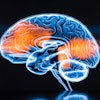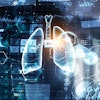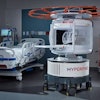Dear AuntMinnie Member,
Despite a plethora of research studies showing positive results in a wide range of applications, radiomics has yet to have a significant impact clinically due in large part to challenges with reproducibility.
A team from 15 institutions in seven countries came together over the last few years to clear this hurdle to clinical translation. In a new study, the group shared their results from using standardized “filters” in an effort to make radiomics more reproducible and generalizable. You can access our coverage here.
What's next for ChatGPT in 2024? There are a number of possibilities, according to our article. Plus, in other AI stories we’re featuring this issue, an automated protocoling algorithm can reduce a radiologist’s CT workload, according to researchers from Massachusetts General Hospital. ChatGPT 4.0 also showed its power in providing differential diagnoses based on its assessment of text-based radiology cases.
Speaking of ChatGPT, the large-language model was able to identify important incidental findings on radiology reports from CT scans. But when it came to serving as a source of information for women waiting to discuss core-needle breast biopsy results, it was only able to produce “mostly” appropriate responses to questions. Click here for our report.
Is there an AI story you'd like to see covered? Please feel free to drop me a line.
Erik L. Ridley
Editor in Chief
AuntMinnie.com



















